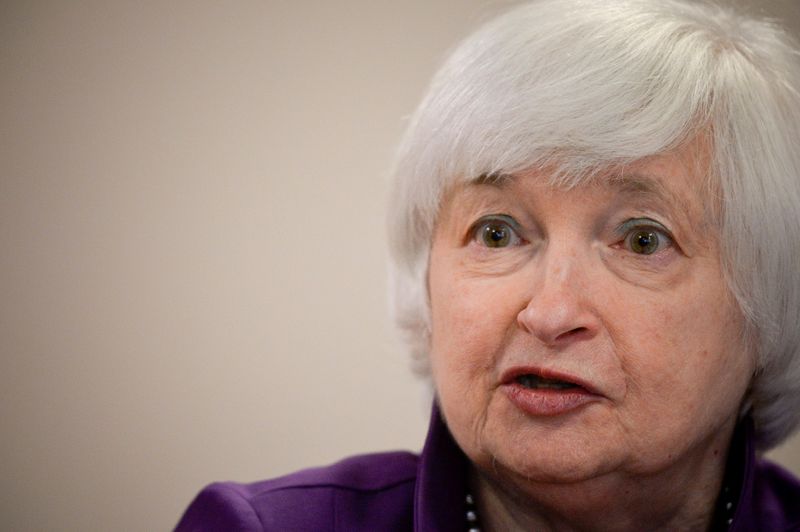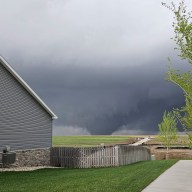SAN FRANCISCO (Reuters) – The U.S. economy, already headed for a “brutally painful” second quarter but likely a return to growth in the second half of the year, could dive right back into recession next year if businesses reopen without proper measures to stop a resurgence of the coronavirus, a U.S. central banker said on Thursday.
Noting that households began paring spending amid rising infections even before authorities imposed stay-at-home orders to slow the spread, Philadelphia Federal Reserve Bank President Patrick Harker predicted that the economy will underperform until the virus is brought under control.
If the economy reopens in June with technology in place to contain the virus, activity should rebound in the second half of the year and growth should continue next year at an above-trend pace.
“The less optimistic scenario is that we open too quickly and see a significant second wave of the virus,” Harker said in remarks prepared for release to the Chicago Council on Global Affairs. He predicted that doing so would trigger a health catastrophe and a “painful economic contraction of GDP in 2021 as shutdowns are reintroduced.”
In either scenario, he said, the recovery will likely be uneven, with factories more likely able to bounce back than hotels, restaurants or retailers, many of which may never reopen.
Banks that have lent heavily to commercial real estate should retain capital to prepare for a “tough period” ahead and probably should not be issuing large dividends, he said.
Harker also signaled the Fed – which has cut interest rates to zero, bought trillions of dollars of bonds to stabilize financial markets, and rolled out a range of credit backstops and lending programs, may extend its reach even further.
“The Federal Reserve is thinking carefully about setting up facilities that can provide direct lending to colleges, universities, and nonprofit medical institutions,” he said.
(Reporting by Ann Saphir; Editing by Chizu Nomiyama)



















